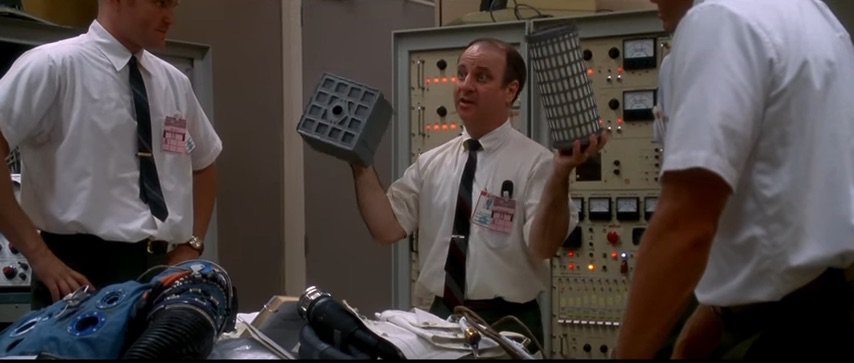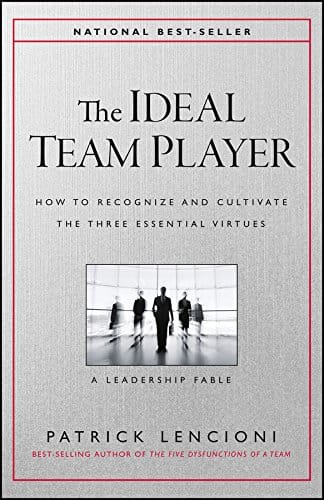Humble. Hungry. Smart.

Exceptional teams change the world. Dysfunctional teams don’t.
One of my favorite movie scenes is from Apollo 13 after the crew realized they didn’t have enough oxygen to make it home. The team back at mission control rallied around a clear common cause - keeping humans alive - and worked together to fit a square peg into a round hole. They did this with only the items that were on-hand in the Lunar Lander. Genius.

Exceptional teams create results that are orders of magnitude greater than the sum of their individual parts. History is filled with success stories that should never have happened on “paper” and offers cautionary tales of failure - even when success was considered inevitable.
What is the consistent differentiator between success and failure scattered across spacetime? Teamwork. Great teams end up doing great things.
If everyone is moving forward together, then success takes care of itself. - Henry Ford
If that’s the case, how do we create and sustain a great team? The key lies in the individual. If everyone on the team is serving the best interest of the team, the probability of success increases dramatically. In short, great teams are filled with Ideal Team Players.
In one of my favorite reads this year, The Ideal Team Player, Patrick Lencioni outlines the three key virtues that must be present in order for a team member to be considered an Ideal Team Player.
Humble. Hungry. Smart.

Humble
Humble team players check their ego. They consider the team’s needs above their own. They take ownership of their mistakes, mitigate competitive behaviors, and are quick to praise others. Humble team players show respect to everyone around them, regardless of status, race, gender, etc.
Implementing Extreme Ownership requires checking your ego and operating with a high degree of humility. Admitting mistakes, taking ownership, and developing a plan to overcome challenges are integral to any successful team.
- Jocko Willink
Hungry
Hungry team players always want more. They are in constant pursuit of growth, willing to take on additional responsibilities, and have the professional will to keep pushing when times get tough. Hungry team players are passionate about their work and are self-motivated to move forward without being told what to do next.
(People)Smart
People who get along with each other work better together - they increase the Emotional Intelligence of the entire team. (People)Smart team players are able and willing to work effectively with other humans. They build relationships with those around them and rely on relational power instead of positional power. When times get tough, they are given the benefit of the doubt because they have built sufficient relationship capital across the team.
In order for a team to become (and remain) great, it must be filled with Ideal Team Players who are humble, hungry, and smart. Any one or more team members lacking in any one or more dimension will breed dysfunction. Team dysfunction reduces the ability of the team to deliver and creates a miserable work environment.
Developing humble, hungry, and smart behaviors is also extremely difficult. Most times, we know what we should do and don’t. A lifetime of these little tradeoffs builds up into massive problems down the line. The best we can do is seek feedback graciously and work to improve over time.
Subscribe for Free
Want to stay ahead of the curve? Subscribe now to receive the latest updates, actionable insights, and thought-provoking ideas around business, technology, and leadership straight to your inbox.



